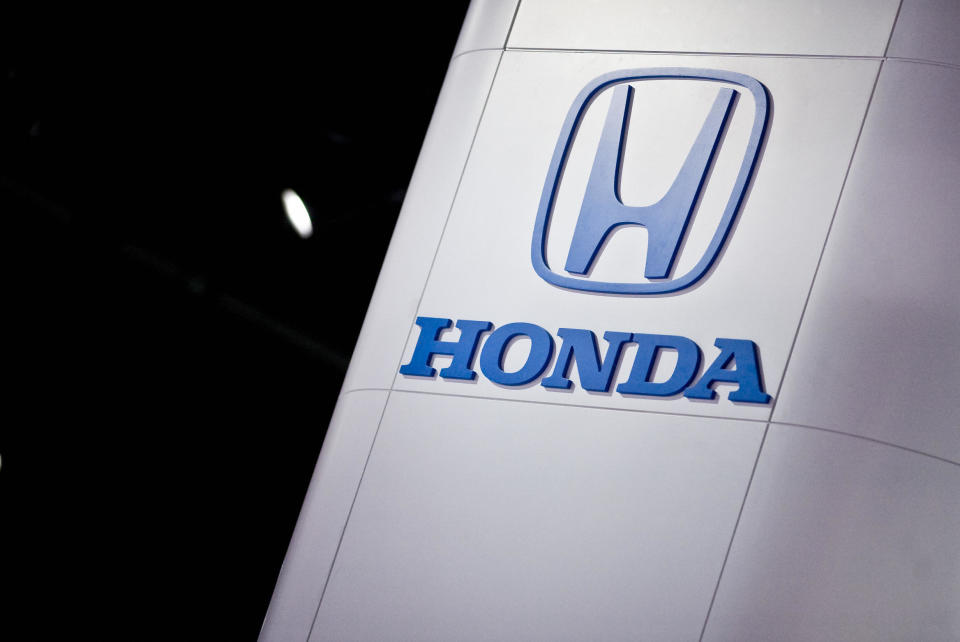Honda and LG Energy plan to build a $4.4 billion lithium-ion plant in the US

Honda is the latest car company with plans to manufacture lithium-ion batteries in the U.S.
The automaker said Monday it is forming a joint venture with LG Energy Solutions to supply the North American market with “pouch type” batteries to power electric vehicles from its Honda and Acura brands. A location for the $4.4 billion factory has not been announced.
The joint venture, which is scheduled to begin by the end of the year subject to regulatory approval, aims to start construction in early 2023 and the mass production of advanced lithium-ion battery cells by the end of 2025.
“Honda is committed to the local procurement of EV batteries which is a critical component of EVs,” Honda CEO and President Toshihiro Mibe said in a statement. “This initiative in the U.S. with LGES, the leading global battery manufacturer, will be part of such a Honda approach.”
The $40 billion in tax credits included in the Inflation Reduction Act passed by Congress this month seems to have accelerated the automotive industry’s dash to bring battery manufacturing onshore. Establishing a robust domestic supply chain will ultimately help electric vehicle manufacturers control costs and reduce dependence on foreign infrastructure and materials.
On Friday, The Wall Street Journal reported that Panasonic is eyeing Oklahoma as the site for a lithium-ion battery plant that would supply Tesla with high-capacity batteries. That’s in addition to plans the Japanese electronics maker unveiled last month for a $4 billion plant in Kansas. Officials said it will be one of the largest lithium-ion battery factories in the world and the largest-ever economic development project in Kansas.
Georgia has been especially aggressive in recruitment efforts to establish a battery ecosystem. The state awarded Rivian $1.5 billion in incentives -- its largest-ever package -- to build a 2,000-acre plant east of Atlanta. Hyundai’s $6.5 billion new EV plant and battery manufacturing facility outside of Savannah represents the largest economic development deal recruited by Georgia.
Toyota plans to open its first U.S. battery factory — a $1.3 billion plant near Greensboro, North Carolina — in 2025. Canoo, which moved its headquarters to Bentonville, Arkansas, has plans to build an EV factory in Oklahoma.

 Yahoo Finance
Yahoo Finance 